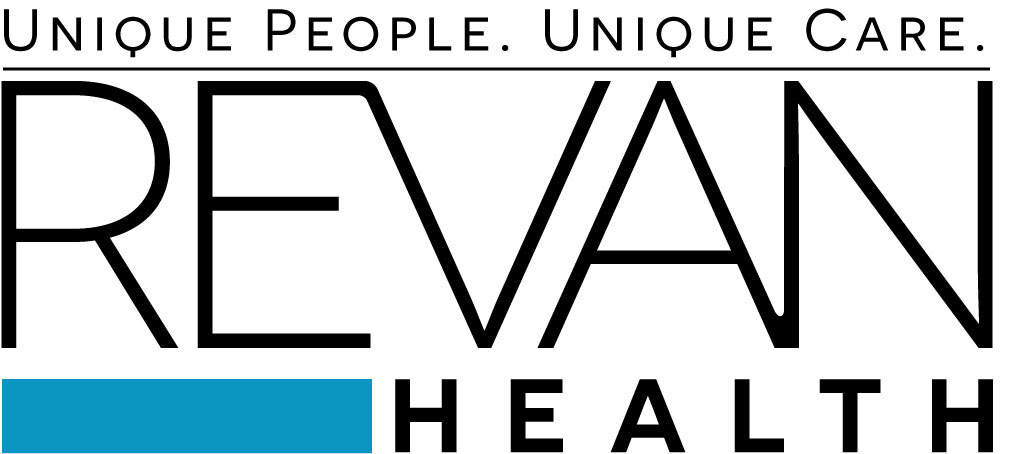Indulging in your favorite treats during holidays, vacations, or celebrations is a normal part of life, but it’s natural to feel the need to reset and return to healthier eating habits. Here’s our guide to help you make that transition smoothly and sustainably.
1. Start with a positive mindset.
First and foremost, avoid guilt or self-criticism. Overindulging occasionally doesn’t undo your overall health journey. Instead, focus on your goals and view the reset as an opportunity to nourish your body and feel your best. Remember, progress, not perfection, is key.
2. Hydrate, hydrate, hydrate!
After consuming rich, salty, or sugary foods, your body may feel dehydrated or bloated. Drinking plenty of water helps flush out toxins and reduces bloating. You can also add lemon or cucumber slices for extra flavor and benefits.
3. Reintroduce balanced meals.
Get back to eating balanced meals that include:
Lean proteins like chicken, fish, tofu, or legumes to keep you full and energized.
Healthy fats like avocado, nuts, seeds, and olive oil to support your body’s functions.
Whole grains like brown rice, quinoa, or whole-grain bread for sustained energy.
Colorful, nutrient-rich veggies should fill half your plate.
Avoid crash diets or extreme restrictions. Both are typically unsustainable and can lead to even more overeating.
4. Cut back on processed foods and extra sugar.
Processed foods and added sugars can leave you feeling sluggish and craving more. Replace sugary snacks with whole fruits and swap processed options for homemade meals. Gradually reducing sugar intake helps reset your taste buds and reduces cravings.
5. Focus on portion control and mindful eating.
Overindulging often disrupts portion awareness. Use smaller plates or bowls to guide portion sizes and avoid the temptation to overserve. Mindful eating is paying attention to your body’s hunger and fullness cues by minimizing distractions like watching TV while you eat.
6. Try meal prepping.
Meal prepping can set you up for success by eliminating the guesswork. Plan your meals and snacks ahead of time to avoid reaching for unhealthy options when you’re hungry. Batch-cooking staples like roasted vegetables, lean proteins, and whole grains makes it easier to build balanced meals throughout the week.
7. Move more.
Regular movement supports digestion and boosts your mood. Whether it’s a brisk walk, yoga, or a full workout session, find activities you enjoy and make them a part of your routine.
8. Be kind to yourself.
Getting back on track takes time. Celebrate small wins, like choosing a healthy snack over a processed one or drinking enough water. Gradual changes lead to sustainable habits that stick.
9. Seek support.
There’s no shame in asking for help! If you’re struggling to get back on track, consider seeking advice from your healthcare provider, a nutritionist or dietician, or joining a group focused on healthy eating. Having accountability, community, and guidance can make the process more manageable and enjoyable.
Returning to healthy eating habits after a period of indulgence doesn’t have to be overwhelming. Remember to be kind to yourself, good health is a journey, not a destination!
Revan Health provides welcoming, respectful family medicine for all from infants to geriatrics. We understand the pain and frustration that comes with not feeling heard by your family care provider. We believe access to respectful care is key to improving medicine adherence and overall life satisfaction for our patients. Like us on Facebook or visit us at revanhealth.com.

